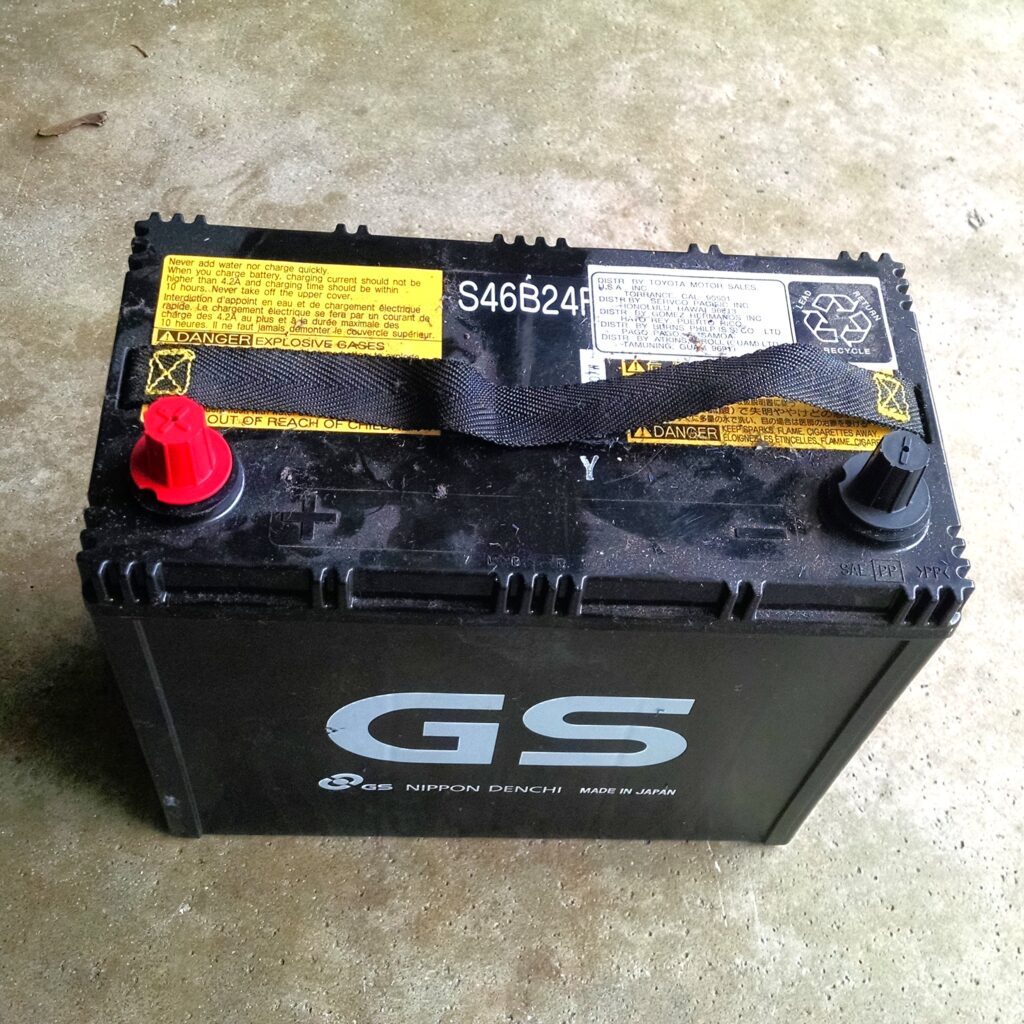
Can you use house solar panels (24V) for 12v?
Many people are curious if they can use their home solar panels to power 12V devices. The answer is yes, you can do this, but there are a few things you need to know to make it work correctly. This blog post will discuss some tips that will help you make the most of your solar panel system and power your 12V devices!
Residential solar panel voltage
Residential solar panels typically have a voltage of 24 volts. You can use them to charge a 12-volt battery, but it is not considered good practice. This is because a 24-volt panel produces more power than a 12-volt battery can store.
Voltage regulation to charge a 12v battery
If you try to power a 12-volt battery with a 24-volt solar panel without any voltage regulation, the battery will be damaged by the excess electricity. This kind of damage is not covered under most warranties, so it’s essential to take care when using solar panels.
Voltage regulators help reduce the charging current from the solar panel to match the needs of the battery, preventing damage and ensuring that the battery lasts as long as possible.
By installing a voltage regulator in between the solar panel and battery, you can avoid overcharging and extend the life of your battery.
How can I charge a 12V battery with a 24V solar panel?
12V batteries are typically charged using a 12V solar panel. However, it is also possible to charge a 12V battery with a 24V solar panel. There are 4 different ways to do this:
1. Use a DC-DC converter (step down module)
A DC-DC converter is a device that changes the voltage of an input source. Solar panels output 24V, but batteries store 12V. This converter takes the high voltage from the solar panel and converts it into the lower voltage compatible with the battery.
Most hardware stores sell DC-DC converters for a reasonable price.
While this type of approach is acceptable, it is far from optimal. You will lose efficiency in the DC-DC converter because you will lose energy trying to match the voltage of your sources.
That implies you won’t get the most out of your solar panel if you use a standard DC-DC converter.
2. Connect two 12V batteries in series.
Using two 12V batteries in series is another approach to power a 12V battery with a 24V solar panel.
By connecting two batteries in series, you can raise the voltage of your battery pack and use a higher voltage solar panel without overcharging.
This combination is OK, but it is still more expensive than a single 24V battery.
A 24V system is almost always less expensive than a 12V system.
Using two 12V batteries necessitates twice the number of cords, terminal blocks, and wires. Furthermore, when comparing a 12V system to a 24V system, the number of amps required to run through the cables doubles.
This means that wires in a 12V system must be twice as thick, and cable amperage capacity must be twice as high. Because the copper cable is so expensive, all of this will quickly add up in price.
The solar charge controller is another cost that you should consider. Solar charge controllers are expensive, and if you’re using a 12V system, you’ll need one that can handle twice the current.
This implies you’ll need a charge controller with twice the power, which doubles the price.
3. Make use of an MPPT solar charge controller.
You can also use an MPPT solar charge controller with a 24V solar panel to charge your 12V battery. The voltage and amps are adjusted via MPPT charge controllers.
They not only allow you to utilize a 24V solar panel with a 12V battery, but they also maximize the power generated by that panel.
MPPT charge controllers, on the other hand, are prohibitively expensive for small-scale solar systems.
An MPPT charge controller for your 12V batteries may be worthwhile if you construct an extensive solar system.
4. Make use of a PWM solar charge controller.
PWM solar charge controllers can also charge a 12V battery using a 24V solar panel.
Like MPPT charge controllers, they regulate the voltage and amps flowing from your solar panel to match the battery.
However, compared to an MPPT charge controller, a PWM solar charge controller is less effective at optimizing the electricity from your panel.
This means that PWM solar controllers will provide less power than MPPT versions under the same conditions.
PWM solar charge controllers are significantly less expensive than MPPT solar charge controllers and perform almost well. So, if you have a modest system with a limited budget, PWM solar charge controllers are an option.
Can you use house solar panels for 12v? In conclusion
Solar panels that produce 24V can charge batteries with a voltage of 12V, and there is more than one way to accomplish this task.
Here is a summary of the ways that you can charge a 12-volt battery with a bigger solar panel:
- Use a DC-DC converter.
- Wire two 12 v batteries in series
- Use an MPPT charge controller
- Use a PWM charge controller
